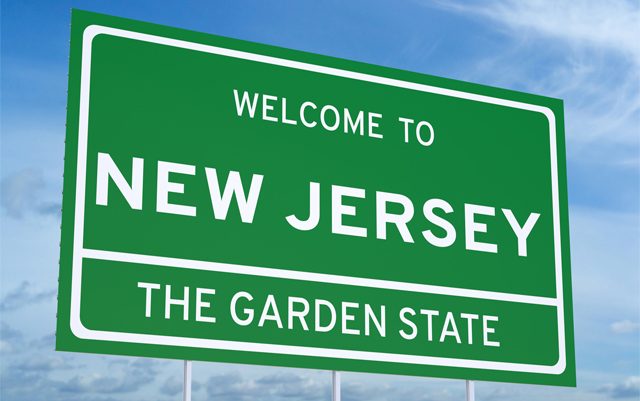In a recent three-hour hearing of New Jersey’s Legislative Black Caucus, black lawmakers were treated to a view of cannabis legalization that would have been more at home in the 1980’s than it was in 2018.
According to NorthJersey.com, the NJ lawmakers heard “a dystopian vision of a society in which babies are exposed to pot smoke, teenagers munch on marijuana-laced foods in school cafeterias, and the leaf replaces tomatoes and blueberries as a symbol of Garden State agriculture.”
Seems pretty hysterical to those of us who know about cannabis and write/read about it on a daily basis – and hysterical to those who have even done a little bit of research into the plant, its effects and the effects of legalization.
The problem is that not only was the hearing lead by someone who opposes recreational marijuana legalization – State Senator Ronald Rice, a Democrat who has served in the NJ State Senate for more than 30 years – but 15 of the 17 people invited to testify had a negative view of cannabis as well. The hearing was so one-sided that Rice even commented on it at one point, although he says the massive tilt toward anti-legalization speakers was not by design.
“It will devastate the African-American community,” Bishop Jethro James of Paradise Baptist Church in Newark told lawmakers about legalization at the hearing last week. “It will devastate any chance of our children having a future.” Gee, that’s not hysterical at all.
Where is marijuana destroying black communities? Where has legalization devastated black society? The only thing regarding marijuana that is harming black communities is the criminal records and jail time that young black men (mostly) get when they are arrested under the prohibition laws that anti-legalization forces want to keep in place.
“Is legalizing marijuana going to improve the spiritual health of the people of New Jersey?” Flemington attorney David Evans, a former public defender in Newark, asked. “I don’t think so.” What does that even mean? Are less non-violent people going to jail, more jobs and economic activity and more tax revenue going to help the state? Undoubtedly. How will that affect people’s “spiritual health?” Since there is nothing about marijuana that prevents people from being spiritual, I suspect the overall SH index will remain relatively constant.
Unsurprisingly, the pro-prohibition organization Smart Approaches to Marijuana helped provide speakers for the event. How their little show influenced the 19-member LBC, whose votes may be critical to passing adult-use legalization in New Jersey, remains to be seen.






